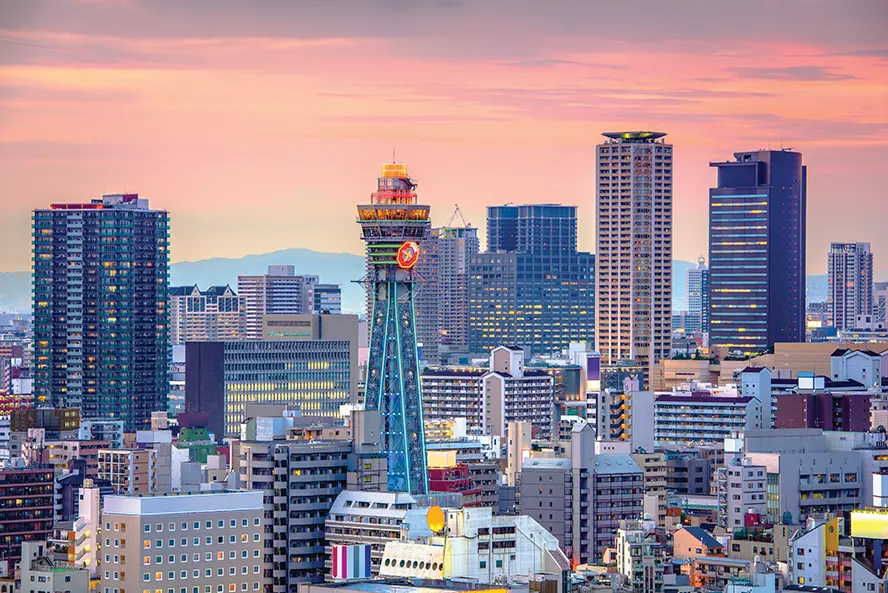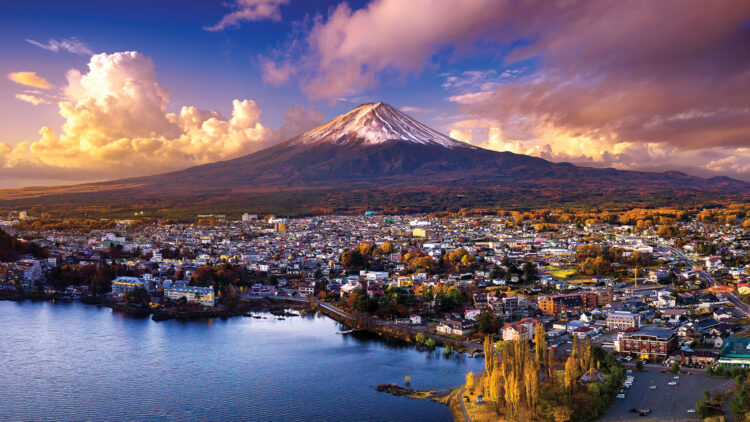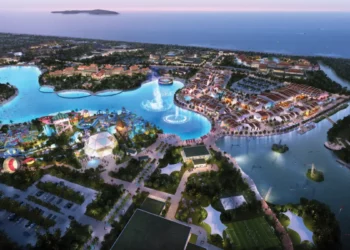Fred Gushin and Paul Bromberg of Spectrum Gaming Group take a look at the state of Japan’s developing casino industry and explain why the prefectural selection process for partner IR operators was always fraught with danger.
The issue of legalized gaming has been a holy grail for many in Japan, as well as for international casino operators, investors and the financial community since the late 1990s. The legalization effort increased after Shinzo Abe was re-elected as Prime Minister in 2017. After a significant political effort, the Diet enacted a gaming law that legalized up to three Integrated Resorts (IRs) in 2018. Fast forward to today and it appears likely that Japan will license only one IR in Osaka that will not open until 2030 at the earliest. A second proposed IR in Nagasaki is pending approval by the Ministry of Land, Infrastructure, Transport and Tourism, but public reports have indicated that this project is facing several hurdles and it is uncertain if this project will proceed.
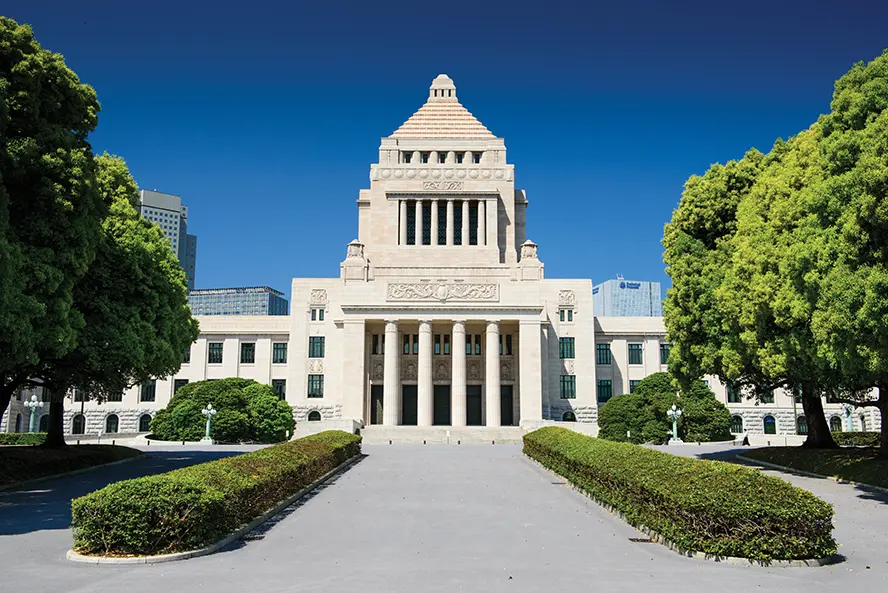
The Japan Casino Regulatory Commission was established on 7 January 2020 under the Act on Development of Specified Integrated Resort Districts (the “IR Development Act” promulgated in 2018) as an external bureau of the Cabinet Office. The present Commission comprises five members appointed by the Prime Minister with the consent of both the House of Representatives and the House of Councilors and has official authorization for 164 staff members. All managerial positions are occupied by those appointed from other relevant ministries of the national government on a rotating basis for approximately two years.
The first IR opening appears to be a long way off, so the regulatory process will not really kick in for some time, but the Commission will be promulgating regulations and developing their internal investigative, audit and anti-money laundering procedures over the next several years.
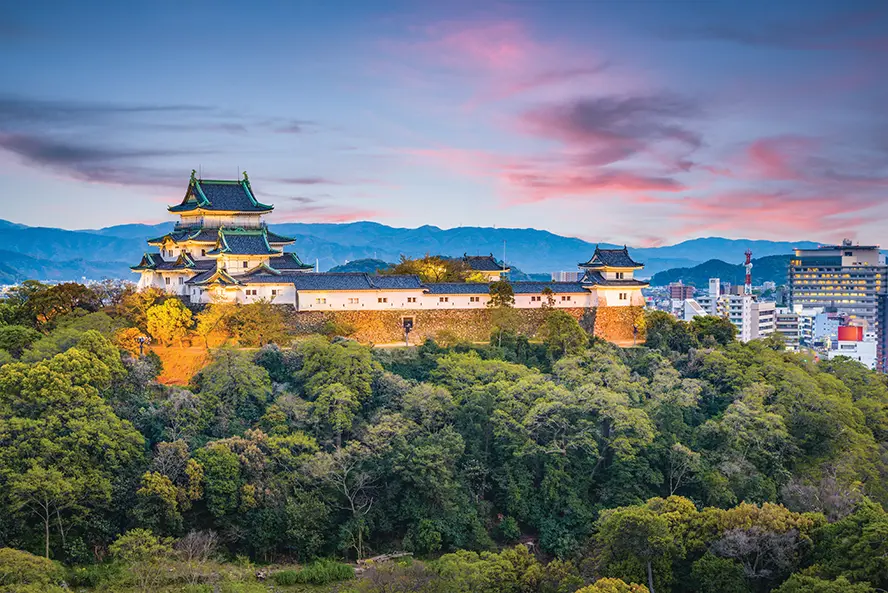 Given that only two prefectures eventually decided to “raise their hand” to proceed with an IR, the initial focus of this article is the process the prefectures went through to make a decision on whether or not to proceed with hosting an IR. By any standard, the fact that Tokyo, Yokohama and other prefectures decided not to proceed with an IR is significant. One potential IR prefecture was Wakayama, whose preferred choice was the junket operator, Suncity Group – yes, that Suncity! Suncity was well known in law enforcement and regulatory circles for many years as an entity that was not licensable. The fact that a prefecture would select them as its preferred choice for an IR license – an entity now officially described by the Macau courts as a criminal enterprise – reflects profound problems and concerns with respect to the prefecture selection process. [Editor’s note: Suncity withdrew from the process in May 2021 before it could be named as Wakayama’s preferred partner.]
Given that only two prefectures eventually decided to “raise their hand” to proceed with an IR, the initial focus of this article is the process the prefectures went through to make a decision on whether or not to proceed with hosting an IR. By any standard, the fact that Tokyo, Yokohama and other prefectures decided not to proceed with an IR is significant. One potential IR prefecture was Wakayama, whose preferred choice was the junket operator, Suncity Group – yes, that Suncity! Suncity was well known in law enforcement and regulatory circles for many years as an entity that was not licensable. The fact that a prefecture would select them as its preferred choice for an IR license – an entity now officially described by the Macau courts as a criminal enterprise – reflects profound problems and concerns with respect to the prefecture selection process. [Editor’s note: Suncity withdrew from the process in May 2021 before it could be named as Wakayama’s preferred partner.]
In our experience in Japan, we saw significant discrepancies in terms of how the prefectures were organized and functioned in making a decision on whether to proceed with an IR and ultimately selecting an IR partner before proceeding to the next step with the national government. For example, Osaka – which ultimately partnered with the MGM/Orix consortium – had a full-time professional staff guiding the process and meeting with potential applicants, whereas other prefectures failed to dedicate resources and budgets to the selection process. It is now clear that the prefecture processes were uneven and caused a false sense that Japan would evolve into a major gaming jurisdiction. Unfortunately, the opposite has occurred – the prefecture process resulted in many of the world’s most successful casino companies deciding to “opt-out” of Japan. The internal politics, the lack of public support for IRs and lack of decision-making has cost the Japanese government and people considerable lost opportunity and tax revenue. In the long term, the extended process – at prefectural and then national level – and lack of clear guidelines has tainted Japan’s nascent gaming industry.
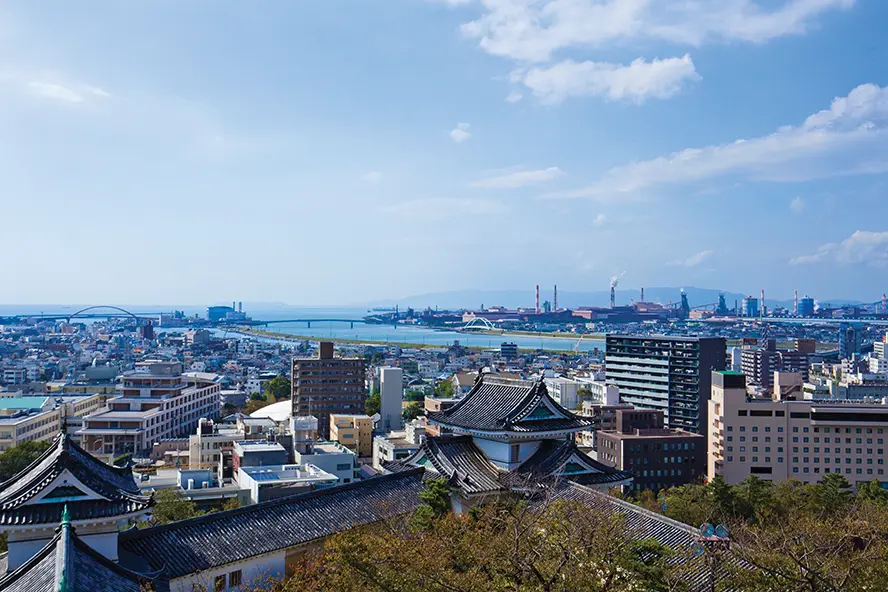
One step that should be included in any future gaming expansion is what we call the “Pre-Determination of Suitability”. In future consideration of an IR license, this should be a mandatory step that either the prefecture takes, which might require amended legislation, or that the Commission initiates before a prefecture decision is made to partner with any IR operator. This is an essential step that would weed out unsuitable companies in terms of probity or that do not have the financial ability to raise the considerable funds needed to build and operate an IR. The costs associated with this type of investigation should be borne by the applicants wishing to be considered for an IR license, not the taxpayers of the prefecture.
Each prefecture would need to undertake a meaningful investigation to be in a position to make an informed decision on suitability. At a minimum, this would require each applicant completing the forms commonly used in many gaming jurisdictions, such as the Multi-Jurisdictional Form and Business Entity Disclosure Form. We emphasize that the primary purpose of prefecture due diligence is not to determine suitability, as that is the sole responsibility of the Commission. Rather, prefectures need to assure themselves that any company with which they are discussing IR opportunities will have a strong likelihood of being found suitable for licensure by the Commission. This is an important distinction. This step would avoid a prefecture submitting a partner that cannot meet suitability standards as defined under the Gaming Act.
 Attention will shift to the work of the Commission later this year and thereafter. The Commission is responsible for various tasks, including strict examination of casino business licenses through robust investigation of license applicants (both corporate entities and individuals), supervision of casino operators, technical supervision of casino-related equipment, measures to prevent gambling addiction, and coordination with foreign regulators.
Attention will shift to the work of the Commission later this year and thereafter. The Commission is responsible for various tasks, including strict examination of casino business licenses through robust investigation of license applicants (both corporate entities and individuals), supervision of casino operators, technical supervision of casino-related equipment, measures to prevent gambling addiction, and coordination with foreign regulators.
The Commission will be responsible for the integrity of casino operators and compliance with casino-related laws and regulations. The Commission has the authority to bring enforcement actions against licensees. The Commission was established as a so-called “Article Three Panel”, as defined under the National Government Organization Act, to exercise specific administrative authority independent of existing regulatory agencies. It is hoped that the Commission initiates licensing investigations sooner rather than later. It would be preferable, for the investment community in particular, if suitability, or otherwise, is confirmed prior to construction of the IR rather than post construction but prior to opening.
We expect the Commission to raise its profile slowly and we hope that Commissioners or their representatives will be able to participate in international conferences to bring attention to their important work. It is clear that the national government has established a viable framework for gaming regulation in Japan and it will be interesting to see these efforts unfold in the coming years.
